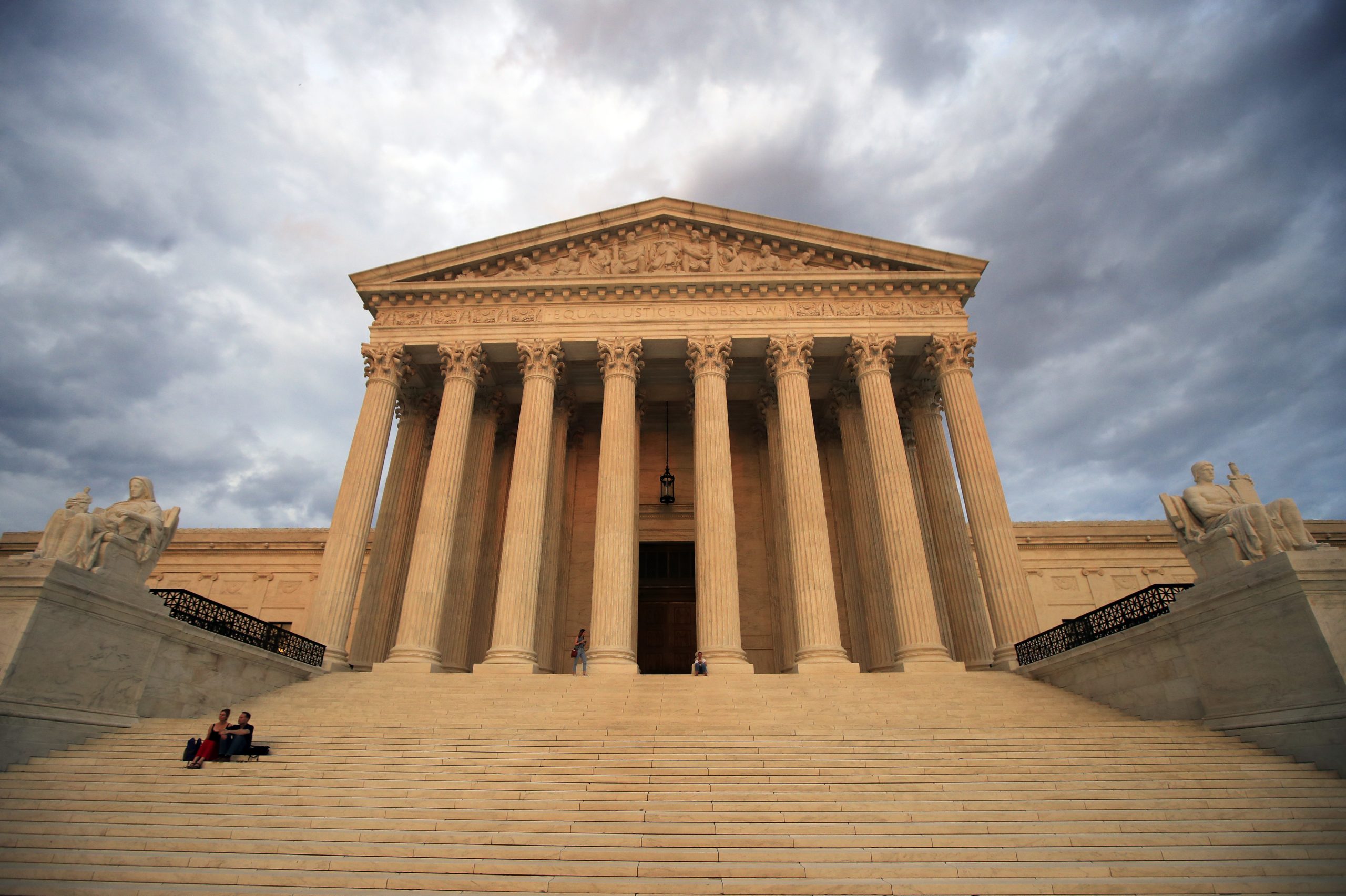Faith, Schools, and the Constitution: Supreme Court Weighs Landmark Church-State Divide

Supreme Court Cases Could Reshape School Policies Across America
Two landmark cases heading to the Supreme Court have the potential to dramatically transform educational landscapes nationwide, challenging long-standing policies and pushing the boundaries of school governance and religious freedom.
The first case centers on a school district's controversial opt-out policy, which could set a precedent for how schools handle student exemptions and parental rights. The second case involves a groundbreaking challenge to traditional charter school regulations by proposing a religiously-affiliated charter school.
These cases represent more than mere legal disputes; they symbolize broader tensions between institutional regulations, individual freedoms, and the evolving interpretation of constitutional rights in educational settings.
Legal experts suggest that the Supreme Court's rulings could have far-reaching implications, potentially reshaping how school districts develop policies, manage student participation, and navigate the complex intersection of public education and religious expression.
As educators, policymakers, and parents await the Court's decisions, the potential outcomes underscore the dynamic and ever-changing nature of America's educational system.
